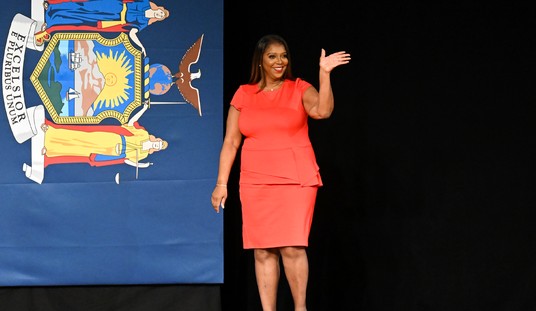WASHINGTON — Senior White House policy advisor Stephen Miller said today that the “end result” of the court battle over President Trump’s travel ban “is that our opponents, the media and the whole world will soon see as we begin to take further actions that the powers of the president to protect our country are very substantial and will not be questioned.”
A 9th Circuit Court of Appeals three-judge panel unanimously denied Thursday the Trump administration’s motion to toss a federal judge’s temporary restraining order of the executive action temporarily stopping refugee entry and all entry from seven Muslim-majority nations.
The judges didn’t take well to DOJ lawyer August Flentje’s argument on Tuesday that federal judges didn’t have the authority to review executive orders because the president has “unreviewable authority to suspend the admission of any class of aliens.”
“There is no precedent to support this claimed unreviewability, which runs contrary to the fundamental structure of our constitutional democracy,” they wrote in their ruling. “…The Supreme Court has repeatedly and explicitly rejected the notion that the political branches have unreviewable authority over immigration or are not subject to the Constitution when policymaking in that context.”
After citing many cases to make their point, the judges added, “In short, although courts owe considerable deference to the President’s policy determinations with respect to immigration and national security, it is beyond question that the federal judiciary retains the authority to adjudicate constitutional challenges to executive action.”
Asked on CBS what the administration plans to do now, Miller replied there are “so many things we can do.”
“For one thing, we can take the case to the Supreme Court on the emergency stay. We can go back to the district court and we can have a hearing on the merits. We can go to the banc to hear — have it heard en banc. Or, if we want to, we can also continue the appeal with the panel,” Miller said.
“Additionally, we’re considering new and further executive actions that will enhance the security posture of the United States,” he added. “…The president has enormous powers, both delegated to him by Congress and under the Constitution, his Article 2 foreign affairs power, to control the entry of aliens into our country and he’s going to use that authority to keep us safe.”
Miller declared that saying the White House is “in control would be a substantial understatement” and “on issue after issue we’re taking forceful action to deliver on the president’s campaign promises on a breathtaking scale.”
Making the rounds on all of the Sunday shows, Miller told ABC “the judiciary is not supreme.”
“And the bottom line is the president’s powers, in this area, represent the apex of executive authority,” he said.
Washington state attorney general Bob Ferguson, who brought the lawsuit joined by Minnesota against Trump’s order and won the lower court and 9th Circuit victories, told ABC that “the administration, the president, simply refused to recognize what everybody else can recognize.”
“Four federal judges have looked at this case, two appointed by Republican presidents, two appointed by Democrats. All four have complete and utterly rejected the president’s arguments in this case, and we anticipate winning as we move forward,” Ferguson said.
“…Of course, there’s broad discretion for the president. But nobody is above the law. An executive order is still — must be consistent with our Constitution. And that’s the problem that the president keeps running into with federal judges out here in the 9th Circuit.”
Sen. Jeff Flake (R-Ariz.), who sits on the Foreign Relations Committee, told CBS he doesn’t think “the ban that went in place was really based on our national intelligence or their assessment.”
Flake said he believes Trump’s executive order is constitutional, but “I don’t think that it is a good idea.”
“I think that the message that it sends to our allies abroad and the countries that we need to work with is not a good one. But I do think it is constitutional. And I hope that we will pause and reflect and see where we need to go from here,” he added. “…We need to look and see where the real threats are, and base this on threats, and not so much just what was promised in the campaign.”
The senator stressed that the three separate branches constitute “the genius of our government.”
“And when I sat down with Judge Gorsuch, that’s what I appreciated most is his recognition there. He said that, when he puts on the robe, he recognizes that he is not a legislator,” Flake said of Trump’s Supreme Court nominee. “And that is that we need, certainly, is judges that recognize the separation of powers, and also legislators that do and the executive branch as well. That is what has made this country work so well for more than 200 years.”









Join the conversation as a VIP Member